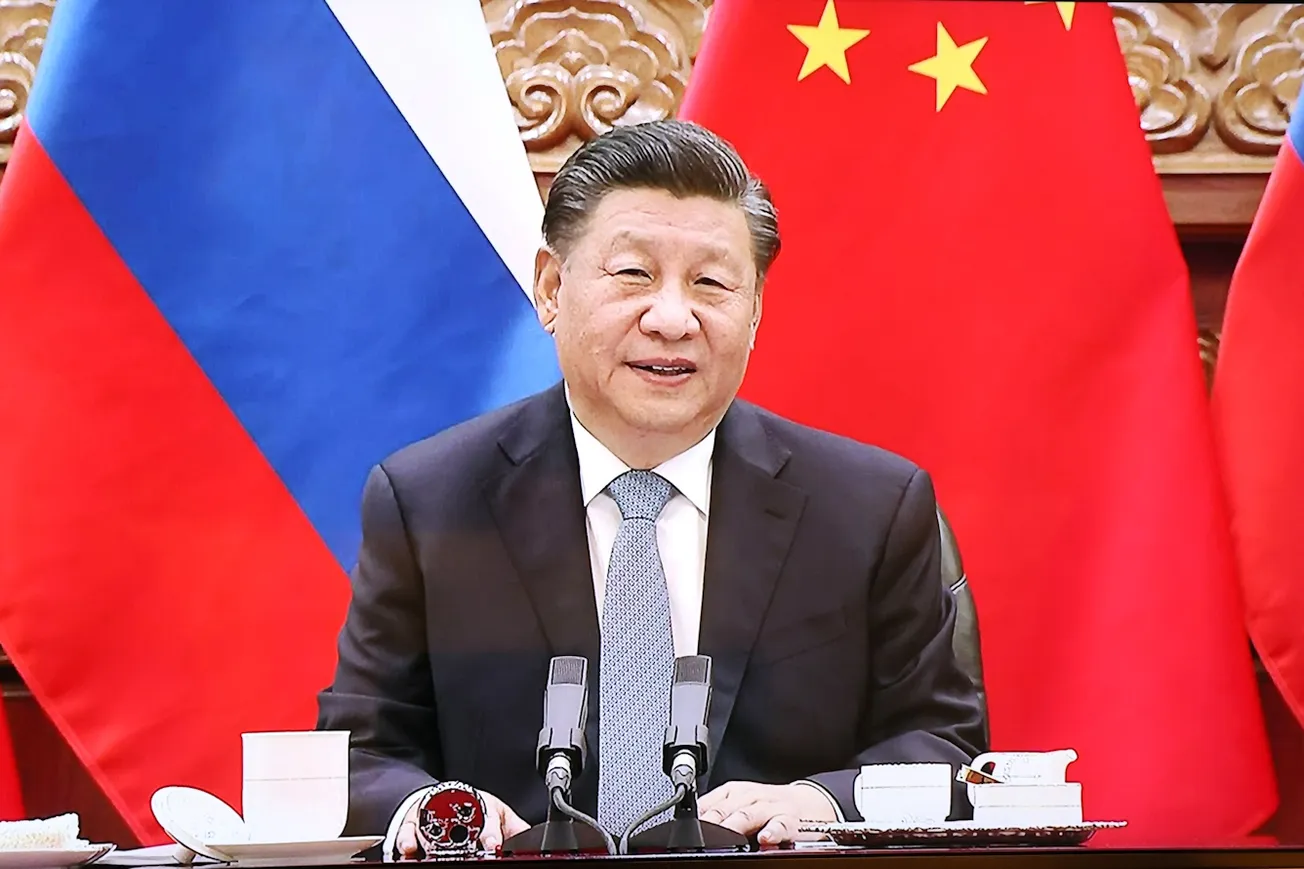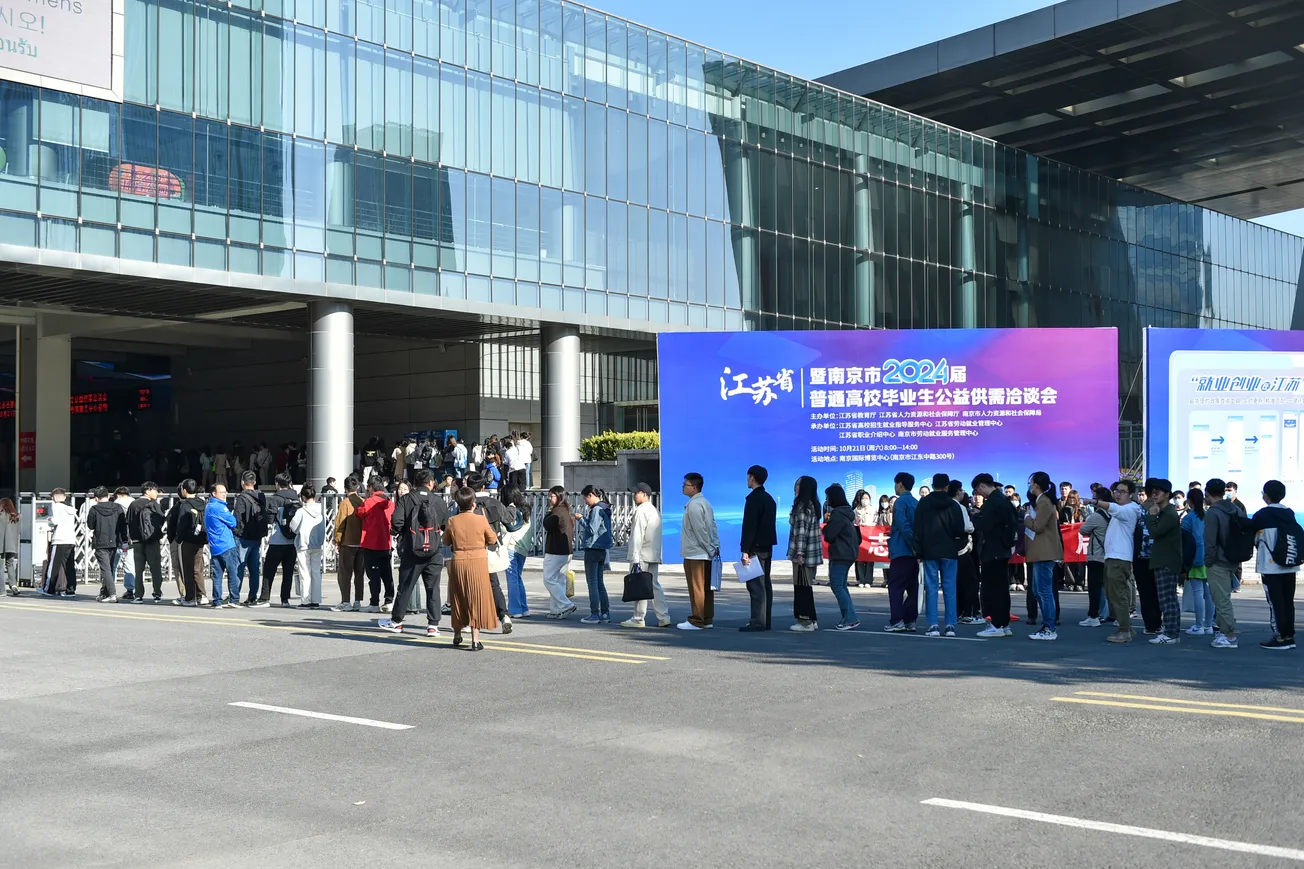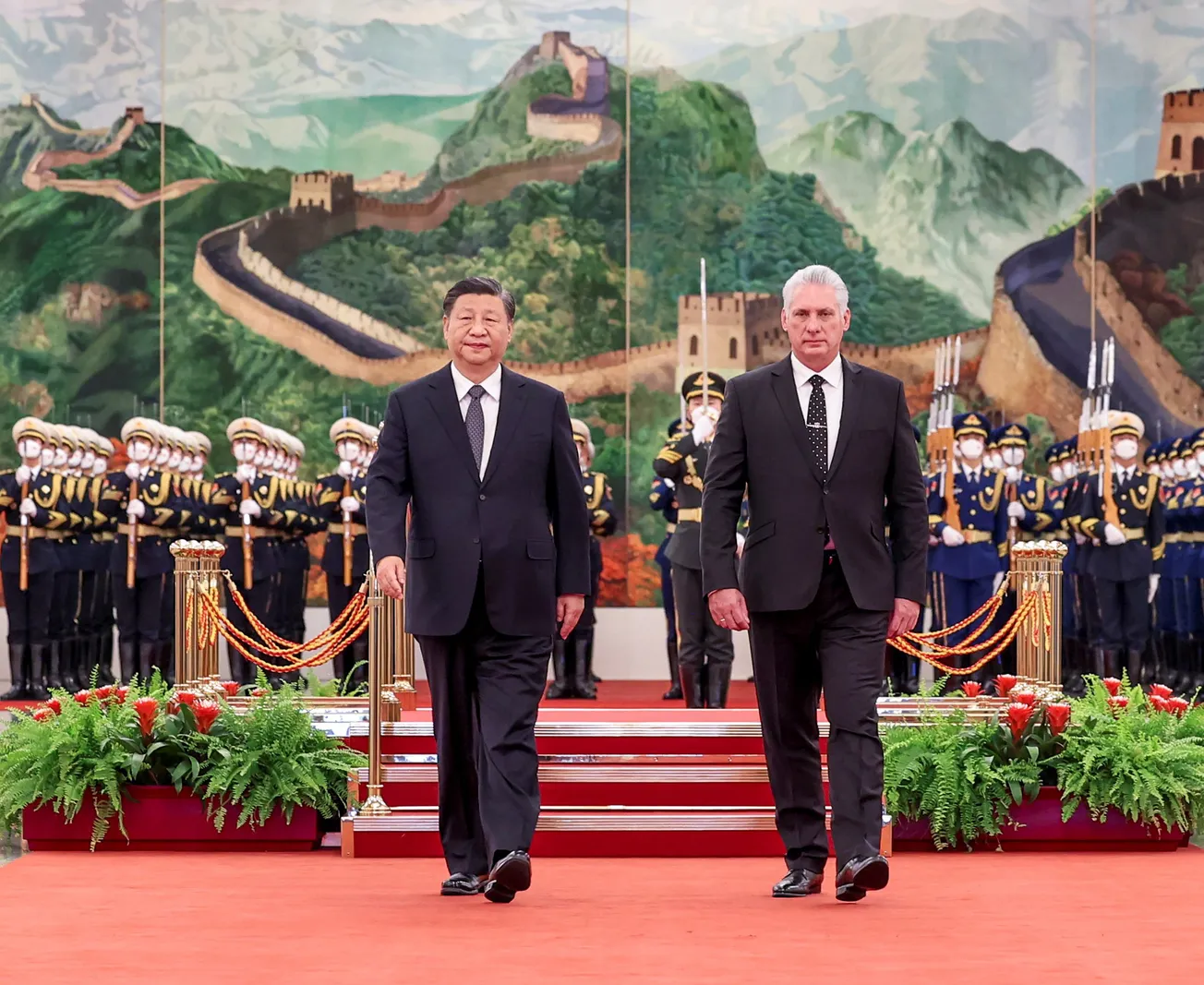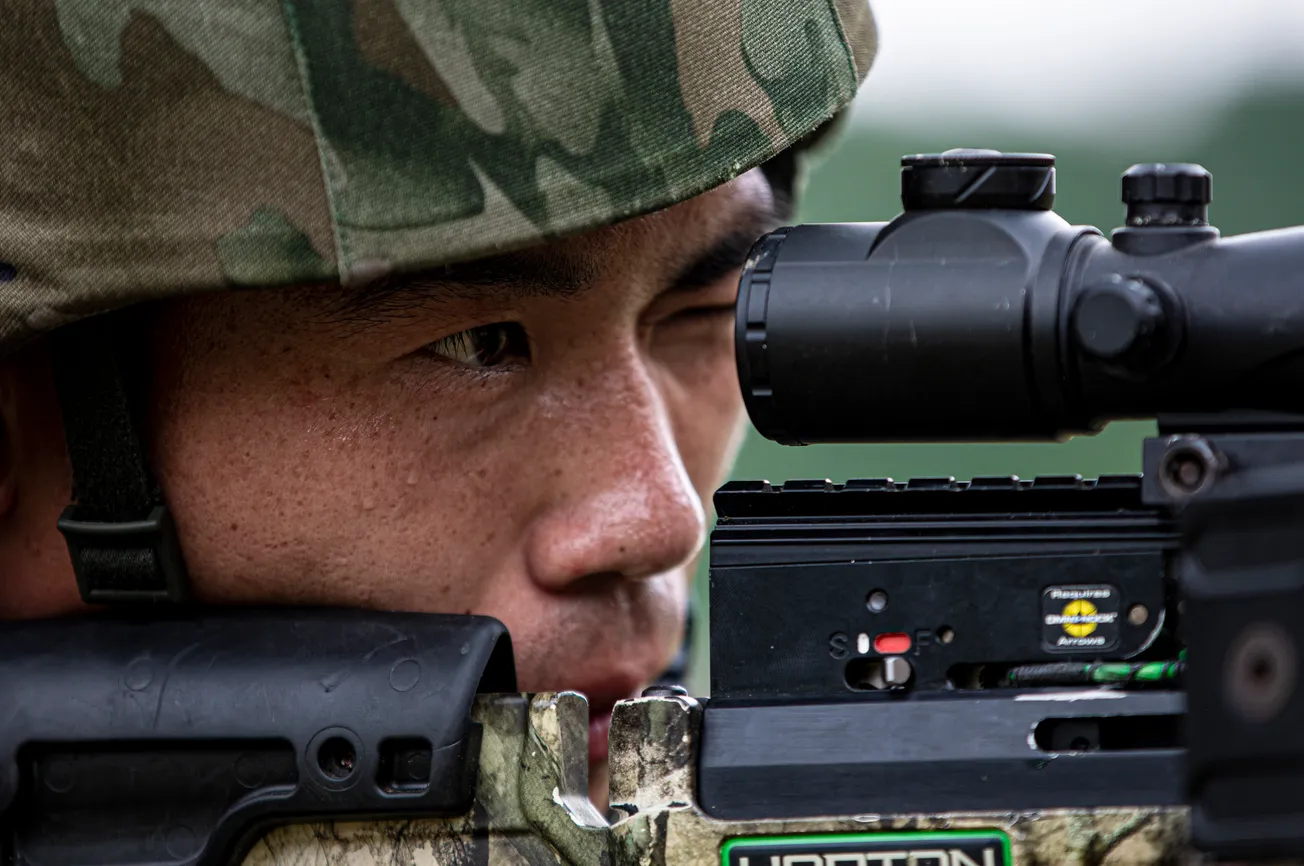- Recent purges in the Chinese government and defense leadership have drawn global attention
- Prominent officials, such as the Foreign Minister and Rocket Force commanders, have been replaced or disappeared without official explanations
- The unusual simultaneous removal of high-ranking military personnel and cross-branch appointments sparks questions about significant power shifts in China's leadership
- Speculation surrounds President Xi Jinping's motives, potentially linked to factional politics, internal dissatisfaction, or a broader strategy in addressing China's complex challenges
The recent disappearances of high-ranking officials in the Chinese government and defense forces have drawn considerable attention. With scant information and few explanations forthcoming, the world is left to speculate on the reasons and reasoning behind President Xi's seemingly abrupt moves.
In July, Beijing quietly ousted senior diplomat and Foreign Minister Qin Gang from office. Weeks before he was officially replaced, Qin Gang had disappeared from the public eye.
Early last month, in another surprising move, President Xi named Wang Houbin as commander and Xu Xisheng as political commissar of the country's elite Rocket Force. The previous commander was detained, and reports suggest that a former deputy commander of the elite Force died in early July of suspected suicide.
China's Rocket Force is responsible for the PLA's land-based nuclear and conventional ballistic missiles. Until 2016, it was known as the PLA Second Artillery Force.
As usual, no explanations were given for replacing the previous chief, Li Yuchao, appointed just a year ago. Military experts opine that replacing two top brass at once and bringing in people from other branches to lead such a strategic force is highly unusual. The timing of the move, just a week after the sacking of Foreign Minister Qing Gang, pointed to a major reshuffling in China's power circles.
But President Xi seems to be still working on his reshuffle. Now, China's Defense Minister Li Shangfu, appointed in March, is missing after it was reported that he was being investigated for corruption along with eight other senior officials. According to a recent Reuters report, "The investigation into Li relates to the procurement of military equipment, according to a regional security official and three people in direct contact with the Chinese military."
The People's Liberation Army's Discipline Inspection Commission can investigate Chinese military officials for any offense ranging from corruption to political disloyalty to personal conduct.
With no official word other than formal announcements of new appointments, the world is viewing these developments as an unusual shake-up that indicates deep-rooted troubles in the military and defense establishment of the country.
The Director of the China program at the Washington-based Stimson Center think tank opined, "Especially at a time when China is trying to build up its nuclear arsenal to deter potential U.S. intervention in a Taiwan contingency, the personnel reshuffle and the underlying causes of it (would) raise skepticism about the force's ability to carry out that mission reliably and successfully."
President Xi is known for purging senior officials and surrounding himself with loyal cronies. But even for him, the frequency of the sacking and replacement of the country's top officials seem excessive.
There is speculation that he may have been forced to carry out these changes to please some factions of the Party. The presence of the senior military leader at the annual closed-door meeting, held at the seaside resort of Beidaihe points to such a possibility.
While sources in the know state that Chi Haotian, the 94-year-old retired general of the People's Liberation Army (PLA), did not speak, former Vice President Zeng Qinghong "reprimanded" the President "in ways they had not until now."
In his unprecedented third term, President Xi is leading a country buffeted by headwinds from all sides. The economy is shrinking, unemployment rates are high, tensions with neighbors and the U.S. are escalating, and it would seem many are unhappy with his leadership at home.
Walking a tightrope, the Chinese leader must satisfy the elders as he steers the country along his agenda. Purging members from the cabinet is nothing new; what's worth knowing is whether President Xi Jinping, the Communist Party of China's "unrivaled leader," is shaking up the top echelons of the Chinese government and defense forces merely to contain discontent or if it is another step in his aggressive agenda.
Like our insights? Show your support by becoming a paid subscriber!









